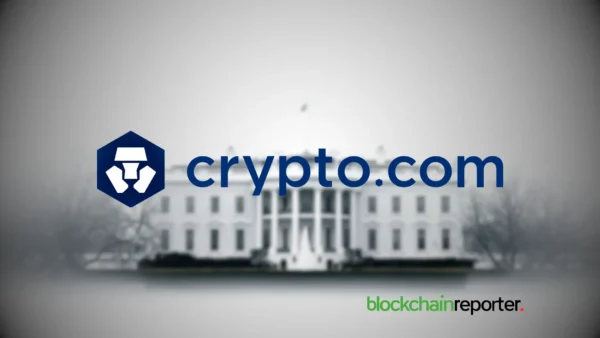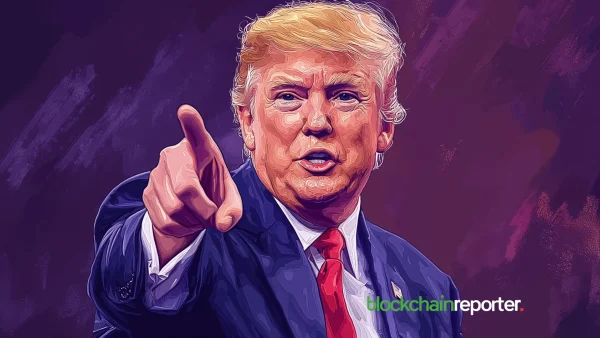
- Kenyan government hopes to accomplish 500,000 units for its citizens and re-establish trust through the blockchain technology.
- “Only the rightful owners live in government-funded housing projects” is the new motive for the department.
During the second ‘urban dialogue’ on affordable housing agenda with the World Bank, the principal secretary Charles Hinga has revealed that they hope to complete 500,000 units for the people of Kenya. The paper reports that out of the 2.48 million people employed only a mediocre 77,000 earned above Kshs. 100,000. As the more substantial majority earns less than 100,000, most of them can’t qualify for mortgages.
Blockchain Technology to Help Curb Corruption
It is a new dawn for the Kenyan people after the government promises to deploy blockchain technology to combat the high level of corruption in the housing industry. It is reported that the new technology would ensure only the “rightful owners live in government-funded housing projects.” The Housing and Urban development PS, Charles Hinga continued to explain that the new technology would help combat the issue of graft, which has deprived the government of public trust.
BBC reported that there was a multimillion scandal in the national youth service that led to the looting of up to $78 million. 40 civil servants and 14 business personnel were arrested to answer for the crime. With the launch of blockchain technology, which stores data separately and makes it impossible to make any changes to data stored, it would be easier to track transactions to the respective individuals.
Source of Funding
Still, at the second urban dialogue on affordable housing agenda with the World Bank, Mr Charles Hinga continued to explain that the project would receive funds from the National Housing Fund under the Finance Act of 2018. The three per cent contribution from employers and employees, borrowing, and rental income from housing stock will help raise 55 billion each year.
Earlier in the year, Bancor and Grassroots economics, a non-profit organization, launched a blockchain system that would enable local Kenyan communities to develop their digital tokens. Through the project, they hope to stimulate both local and regional trade and reduce poverty. However, while the project continues to being implemented, the Central Bank of Kenya doesn’t seem to support the whole idea. CBK issued a circular in April warning commercial banks and mortgage financiers of their involvement in crypto transactions.








